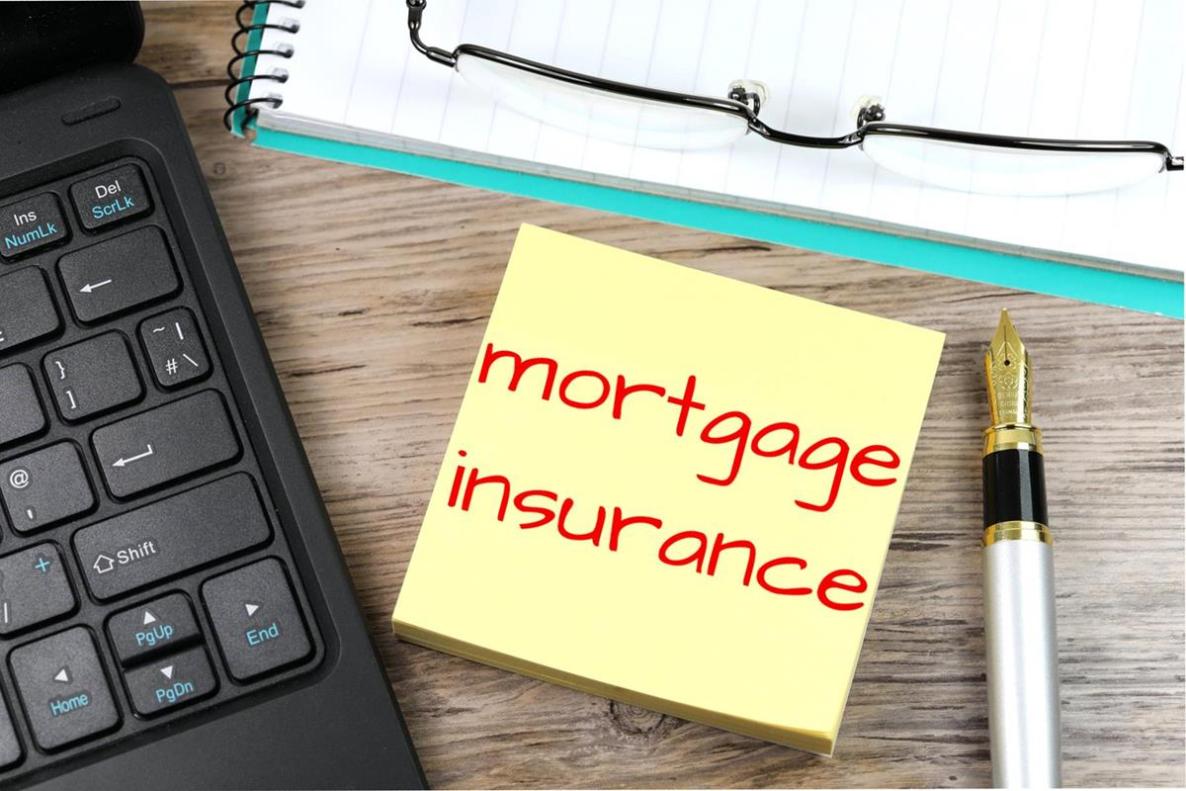How Does Mortgage Insurance Work?
Mortgage insurance is a type of insurance that protects the lender in case the borrower defaults on their mortgage loan. It is typically required for borrowers who make a down payment of less than 20% of the purchase price of the home.

Purpose Of Mortgage Insurance
The purpose of mortgage insurance is to reduce the risk of loss for the lender in the event that the borrower defaults on their loan. This allows lenders to offer mortgages to borrowers with lower down payments, which can make it easier for people to buy homes.
Who Pays For Mortgage Insurance?
The borrower typically pays for mortgage insurance. The cost of mortgage insurance is typically added to the monthly mortgage payment. However, in some cases, the seller may pay for the mortgage insurance.
Types Of Mortgage Insurance
There are two main types of mortgage insurance: private mortgage insurance (PMI) and government mortgage insurance.
Private Mortgage Insurance (PMI)

PMI is a type of mortgage insurance that is provided by private companies. PMI is typically required for borrowers who make a down payment of less than 20% of the purchase price of the home.
When PMI is Required
PMI is typically required for borrowers who make a down payment of less than 20% of the purchase price of the home. However, there are some exceptions to this rule. For example, PMI may not be required for borrowers who have a high credit score or who are buying a home in a rural area.
Cost of PMI

The cost of PMI varies depending on the loan amount, the down payment, and the credit score of the borrower. The cost of PMI can range from 0.5% to 1% of the loan amount per year.
Cancellation of PMI
PMI can be canceled once the borrower has paid down their loan to 80% of the original purchase price of the home. However, some lenders may allow borrowers to cancel PMI sooner if they have a high credit score or if they have made a significant down payment.
Government Mortgage Insurance (FHA, VA, USDA)
Government mortgage insurance is a type of mortgage insurance that is provided by the government. Government mortgage insurance is available to borrowers who meet certain eligibility requirements.
Eligibility Requirements
The eligibility requirements for government mortgage insurance vary depending on the type of loan. However, in general, borrowers must have a good credit score and a steady income in order to qualify for government mortgage insurance.
Cost of Government Mortgage Insurance
The cost of government mortgage insurance varies depending on the type of loan and the loan amount. However, the cost of government mortgage insurance is typically lower than the cost of PMI.
Cancellation of Government Mortgage Insurance
Government mortgage insurance can be canceled once the borrower has paid down their loan to 80% of the original purchase price of the home. However, some government mortgage insurance programs allow borrowers to cancel PMI sooner if they have a high credit score or if they have made a significant down payment.
How Mortgage Insurance Works
Mortgage insurance is calculated as a percentage of the loan amount. The percentage varies depending on the type of mortgage insurance and the loan-to-value (LTV) ratio. The LTV ratio is the ratio of the loan amount to the value of the home.
Calculation Of Mortgage Insurance Premium
The mortgage insurance premium is calculated by multiplying the loan amount by the LTV ratio and then multiplying that number by the mortgage insurance rate.
Factors that Affect the Premium
The following factors can affect the mortgage insurance premium:
- The loan amount
- The LTV ratio
- The mortgage insurance rate
- The type of mortgage insurance
Example of Calculating PMI Premium
For example, let's say that you are borrowing $200,000 to buy a home. The LTV ratio is 90% (200,000 / 220,000). The mortgage insurance rate is 0.5%. The PMI premium would be calculated as follows:
$200,000 x 0.90 x 0.005 = $900
This means that you would pay $900 per year in PMI.
Payment Of Mortgage Insurance Premium
The mortgage insurance premium is typically paid monthly along with your mortgage payment. However, in some cases, you may be able to pay the PMI premium upfront.
Options for Paying PMI
There are two main options for paying PMI:
- Pay the PMI premium monthly along with your mortgage payment.
- Pay the PMI premium upfront.
Timing of PMI Payments
PMI payments are typically made monthly. However, you may be able to make PMI payments less frequently, such as quarterly or annually.
Benefits Of Mortgage Insurance
Mortgage insurance offers a number of benefits, including:
- Allows borrowers to qualify for a mortgage with a lower down payment
- Reduces the risk of default for the lender
- Provides peace of mind for the borrower
Drawbacks Of Mortgage Insurance
Mortgage insurance also has a number of drawbacks, including:
- Adds to the cost of the mortgage
- Can be difficult to cancel
- May not be necessary for all borrowers
Summary Of Key Points
- Mortgage insurance is a type of insurance that protects the lender in case the borrower defaults on their mortgage loan.
- There are two main types of mortgage insurance: private mortgage insurance (PMI) and government mortgage insurance.
- PMI is typically required for borrowers who make a down payment of less than 20% of the purchase price of the home.
- Government mortgage insurance is available to borrowers who meet certain eligibility requirements.
- The cost of mortgage insurance varies depending on the type of mortgage insurance and the loan amount.
- Mortgage insurance can be canceled once the borrower has paid down their loan to 80% of the original purchase price of the home.
- Mortgage insurance offers a number of benefits, including allowing borrowers to qualify for a mortgage with a lower down payment, reducing the risk of default for the lender, and providing peace of mind for the borrower.
- Mortgage insurance also has a number of drawbacks, including adding to the cost of the mortgage, being difficult to cancel, and may not be necessary for all borrowers.
Advice For Borrowers Considering Mortgage Insurance
If you are considering getting a mortgage, you should carefully consider whether or not you need mortgage insurance. If you are making a down payment of less than 20% of the purchase price of the home, you will likely be required to pay PMI. However, if you have a high credit score or if you are buying a home in a rural area, you may be able to get a mortgage without PMI.
If you are not sure whether or not you need mortgage insurance, you should talk to a mortgage lender. A mortgage lender can help you determine whether or not you are required to pay PMI and can also help you compare the costs of different types of mortgage insurance.
YesNo

Leave a Reply